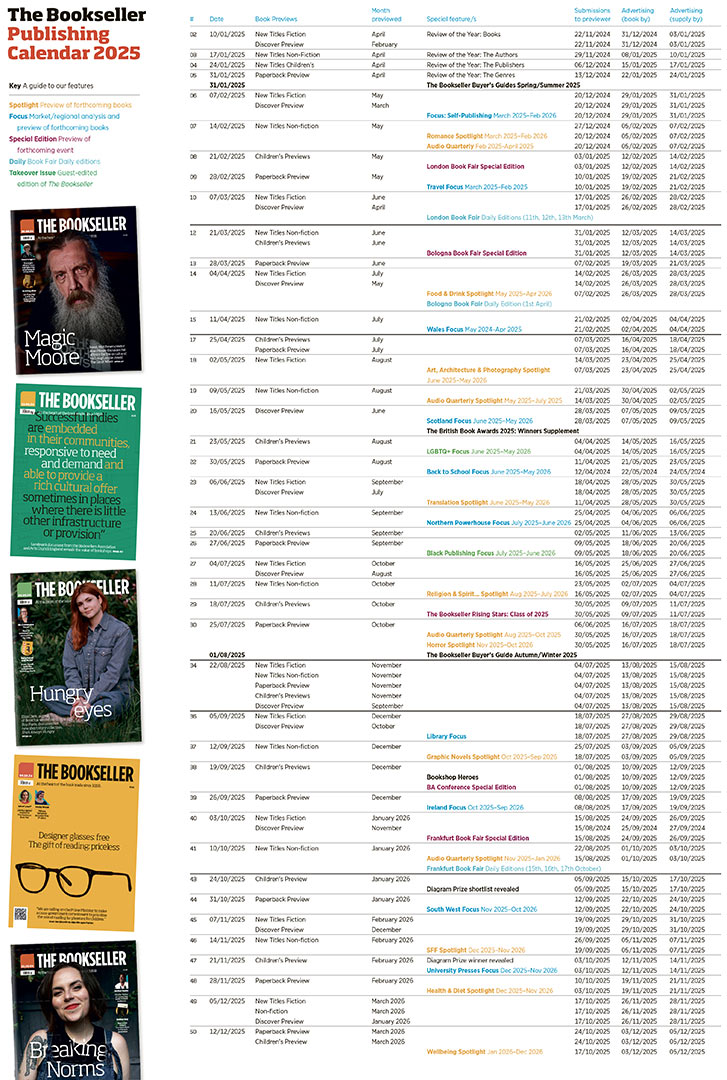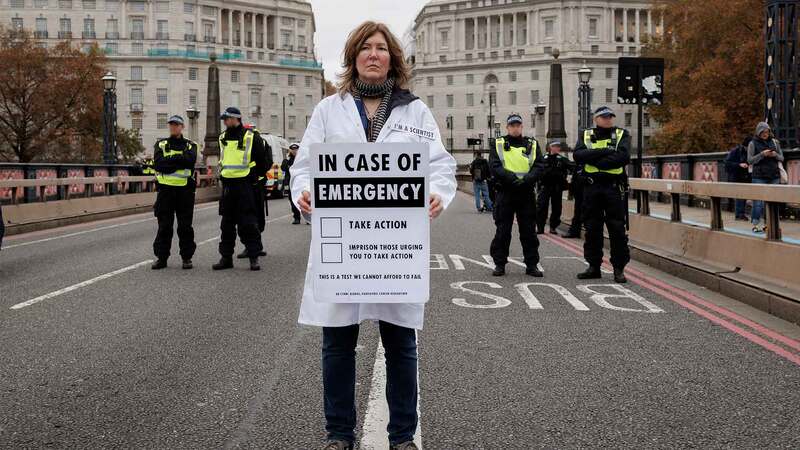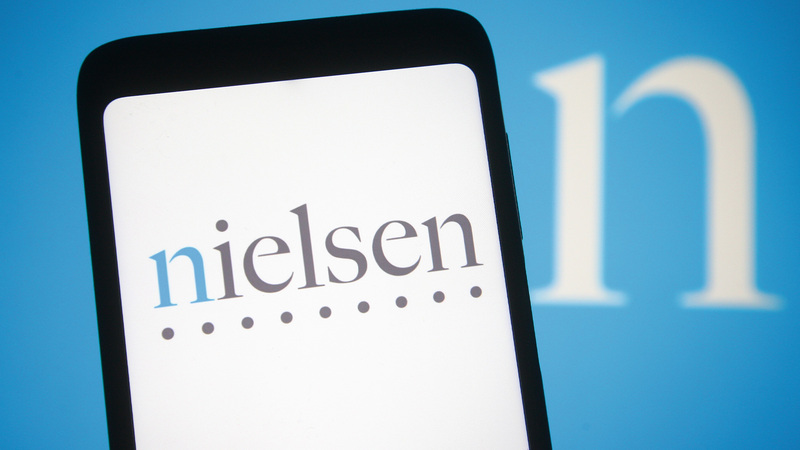You are viewing your 1 free article this month. Login to read more articles.
Harriet Ever After
You’ve spoken out against the term ‘chick lit’ before. How do you think women’s fiction has changed over the years, and does chick lit still exist?
The trouble is a lot of women’s fiction gets called chick lit, and I think chick lit is quite a specific kind of book. I think it was quite a specific little mini-genre that became very popular for a few years, but [it] has completely run out of steam for me. I’m not interested in reading those books anymore, although I know a lot of people still are.
What I find bizarre is how people like Maeve Binchy, Cecelia Ahern, even Penny Vincenzi get called chick lit by journalists, when what they’re talking about is women’s fiction – they like to lump it all together and put it all in one pot. You would never say that about men, you don’t ever lump all men’s writing together and say men’s lit.
I think women’s fiction is still suffering as a result. I think there’s still a huge amount of incredibly talented commercial writers who people will still be reading in 60 years time, like Lisa Jewell, Marian Keyes, Douglas Kennedy. It’s bizarre, but that still gets reduced to being chick lit.
What do you have to say about the (usually childless) ‘career women’ so often stereotyped in women’s fiction?
I’m always bemused when people say career women put off having children. A) you never say career man, and b) the weirdest thing of all is I didn’t delay having children – I just didn’t meet anyone. I was working in publishing – you don’t go into publishing to meet a nice straight man. I met someone when I was 34 and we have a baby.
It’s circumstantial, I think more women have successful, fulfilling careers than they did 40 years ago and long may that continue, even if the side-product of that is they don’t have children. But I’m sure it gives rise to different themes in books, and I think the same themes will always endure.
People are going to want to read about relationships, about families, about romance – about something that reflects life and that endures.
You used to work in publishing and so does Eleanor Bee in Happily Ever After. Is the book autobiographical?
Not at all, the publishing company she works at isn't like the ones I worked at, and she moves to New York and I didn’t – but in terms of the span of her life she’s the same age as I was when I started working in publishing. The cultural references are the same, and I’ve never done that quite so much as I did with this novel.
I used to worry obsessively about things when I was younger, and she loves books and she’s really happy to be working in publishing – so I was the younger version of her a little bit. But I’m always quite wary of basing anything on real life because it just comes back to bite you, and you can’t enter the world of your imagination as effectively if you’re basing it on real life.
Most of all I wanted to write a book about what it’s like when you move to the big city: you’re in your twenties, you’ve just got your first job, you’re just trying to work things out. That for me was when I became the person I am today: not university, not school, that’s what I wanted the novel to be about.
It doesn’t matter that it’s publishing, you get the details right so that they resonate with someone like you, so if you’re picking it up and you work in an accountant’s office you can also go, ‘oh I remember feeling like that on my first day’.
You had a baby last year – how has your writing routine changed?
I used to faff about all day and then at about 3.30 I would have a splurge and I’d write for four hours non-stop, and you can’t do that with a baby. It’s weird because you’re a different person and you have to carry on being the same writer you were before, but it gives you new ideas for things, and also it’s the best thing that’s ever happened to me.
Do you think men will ever read your books, or women’s fiction in general?
I think we live in a sexist world, and I don’t see it changing in the near future. And that’s depressing, but as long as women’s books are appreciated and respected by women and they’re given due space I don’t care. I think women are sometimes their own worst enemies as well, there’s just an overload of pink and high heels, and blokes don’t want to read that. But then I don’t want to read a book about guns and people wrestling each other in the mud and attacking countries – that’s boring.
I went to see Richard Curtis do a talk last year, and he said the thing that he finds a bit bemusing is tens of thousands of people around the world every day fall in love. Everybody has an extraordinary story of how they met the person they’re going to spend the rest of their life with; there are so many amazing wonderful romantic stories – and there are very, very few serial killers.
But yet when you see a film about some women being butchered and murdered in east London it’s always referred to as being very gritty and realistic and urban, when in fact the chances of you being murdered by a serial killer are so rare as to just be negligible. And he writes a film about a man who falls in love with a film star – which is stretching credibility a little bit, but it’s kind of not out of the realms of possibility – and it’s hailed as the most ridiculous idea ever, and that’s stuck with me for a long time. It’s so reinforced, I just think for f*ck’s sake – that’s why women like those books. Because they just reflect our lives.
Happily Ever After by Harriet Evans is out on 22 November, published by HarperCollins.















